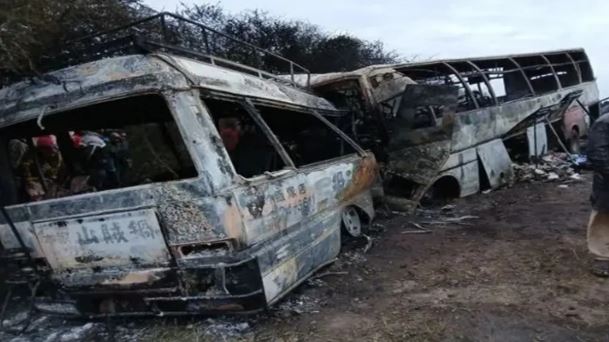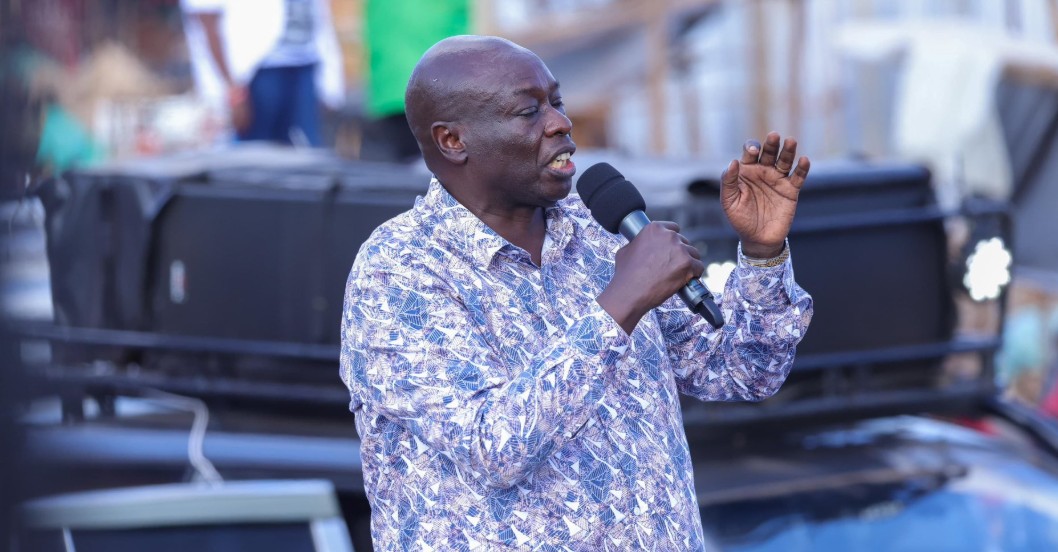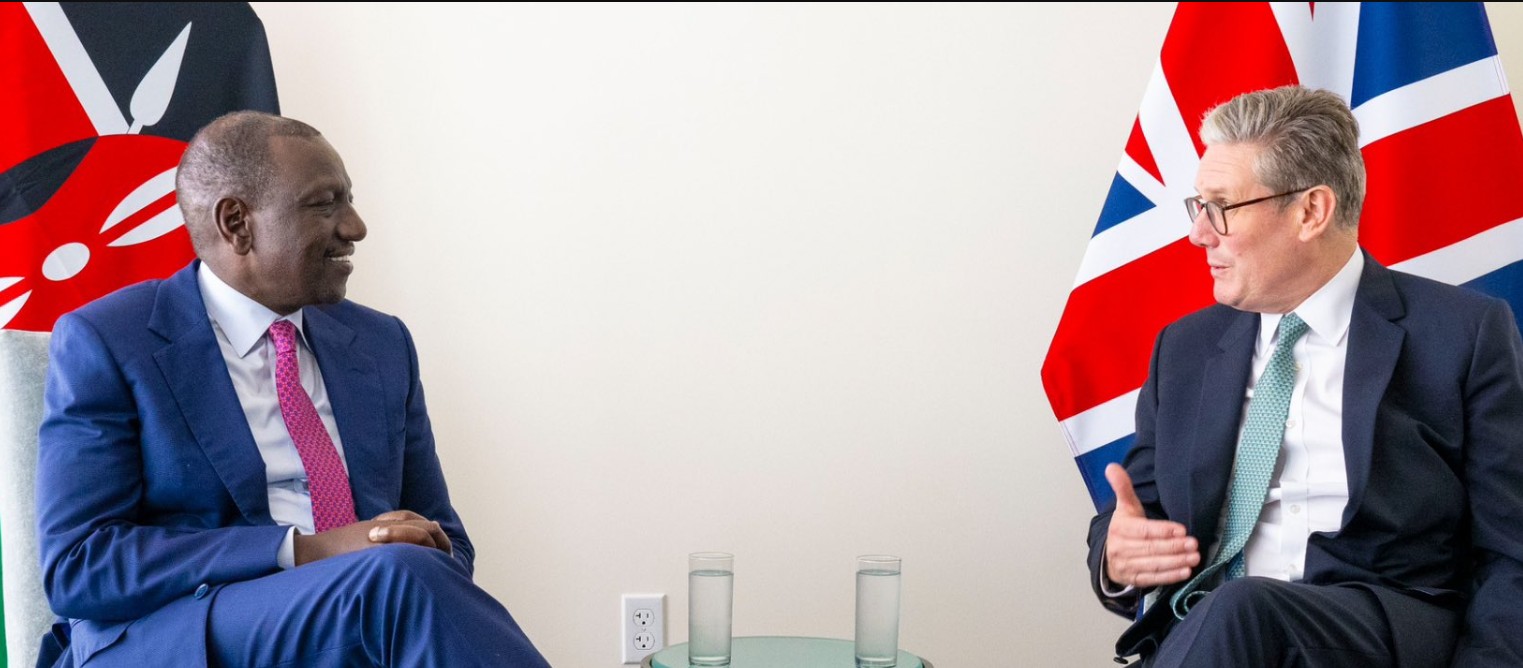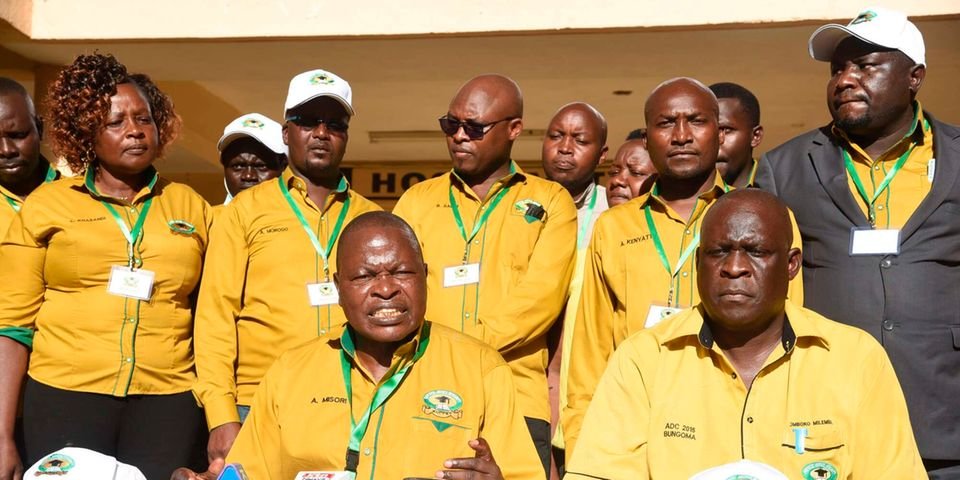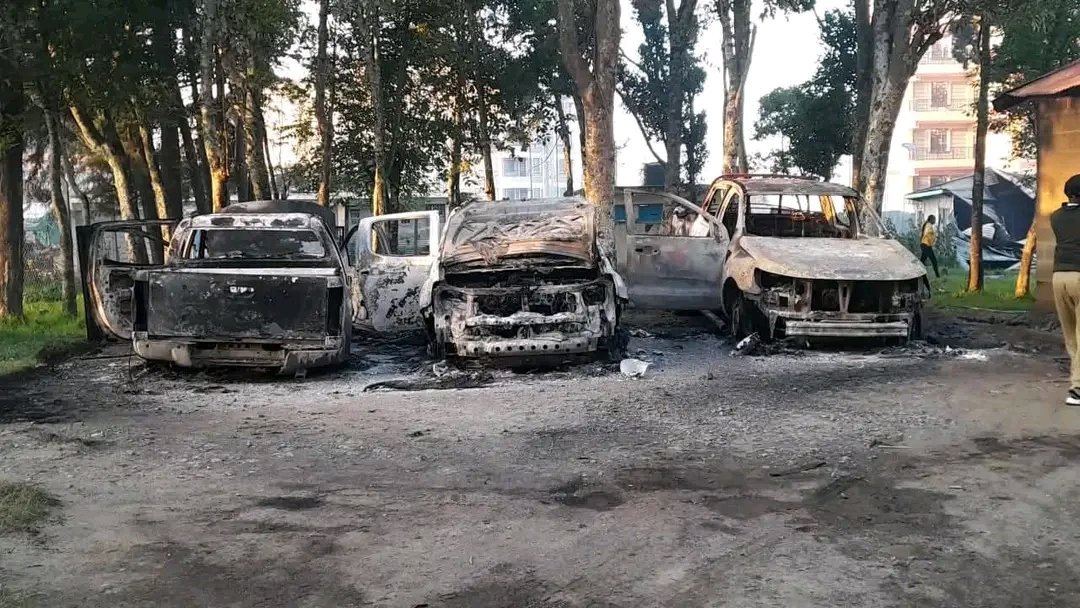Deadly Israeli attack on Tehran’s Evin Prison killed 71, Iran judiciary says
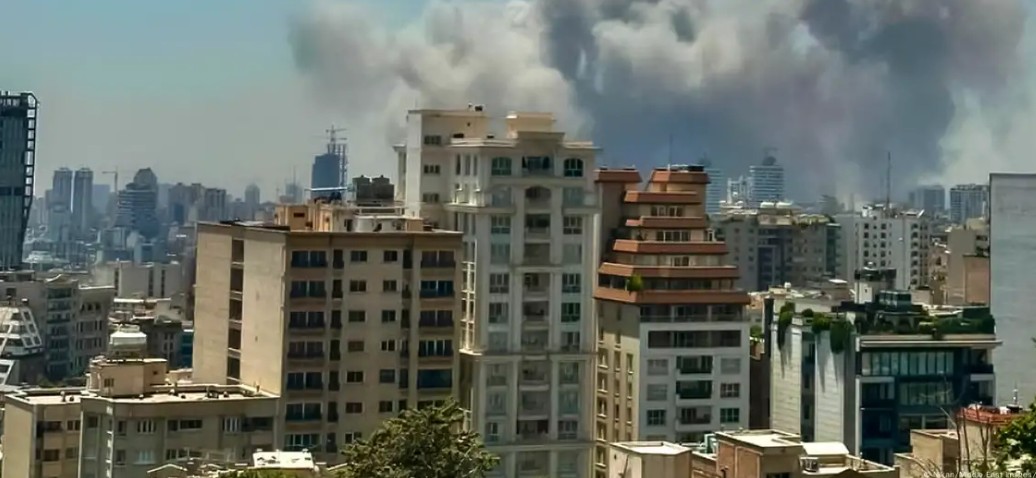
Evin Prison, located in northern Tehran, is Iran’s most infamous facility for holding political prisoners.
An Israeli strike on Tehran's Evin prison on Monday killed at least 71 people, Iran's judiciary said Sunday.
"According to official figures, 71 people were killed in the attack on Evin prison," said judiciary spokesman Asghar Jahangir.
More To Read
- Iran will 'shake' after alleged ceasefire violation, Israeli minister says
- Iran-Israel crisis: Atomic energy agency chief calls for access to damaged nuclear sites
- Israel reports four dead in missile barrage from Iran
- Israel-Iran war: Trump announces ceasefire, Tehran says none agreed
- Iran launches missile attack against US bases in Qatar, Iraq
- Could Iran block the Strait of Hormuz?
Jahangir said the victims included administrative staff, guards, prisoners and visiting relatives, as well as people living nearby.
Evin prison, situated in the north of Tehran, is Iran's most notorious jail for political prisoners.
The inmates at Evin have included Nobel Peace Prize laureate Narges Mohammadi as well as several French nationals and other foreigners.
Enriching uranium
Tehran could resume enriching uranium within months, despite damage to several nuclear facilities from US and Israeli attacks, the head of the UN's nuclear watchdog, Rafael Grossi, has told US broadcaster CBS News.
"The capacities they have are there. They can have — in a matter of months, I would say — a few cascades of centrifuges spinning and producing enriched uranium," Grossi said, in an interview to be broadcast on Sunday.
Grossi's remarks are in strong contrast to claims by President Donald Trump that the recent US attacks on three nuclear sites in Iran had set back the country's nuclear programme by years.
The extent of the damage caused by the strikes last week remains unclear, though Iranian Foreign Minister Abbas Araghchi recently said it had been "serious."
Grossi said his International Atomic Energy Agency (IAEA) was mostly concerned about the whereabouts of some 400 kilogrammes (882 pounds) of uranium that it says has already been enriched to 60 per cent, just under the 90 per cent needed for a nuclear bomb.
"We don't know where this material could be," Grossi said. "Some could have been destroyed as part of the attack, but some could have been moved. So there has to be, at some point, a clarification."
Iranian lawmakers recently voted to suspend cooperation with the IAEA in the wake of the US and Israeli attacks.
Top Stories Today

